Society
Explore
Trending Now


For years, Yale undergraduate students have lined up to take a wildly popular course called Life Worth Living. Bucking the highly competitive tone you might expect at an Ivy League school, the class teaches students to look beyond traditional markers of success for deeper meaning. Theology professor Miroslav Volf is one of the co-teachers, and also one of the co-authors of...

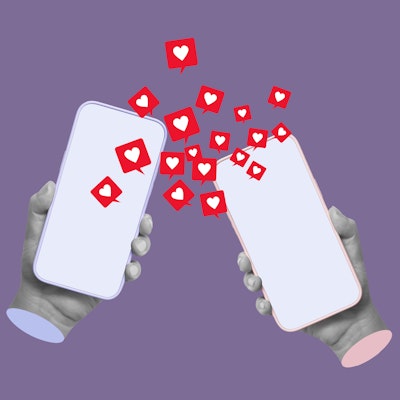
After millennia of human existence, we’re still figuring out and talking constantly about one of our most fundamental behaviors – sex. Despite the sexual revolution of the 60s and 70s and the growth of sex positivity in recent decades, a lot of people still report having a lot of bad sex. The reasons for that are varied and multiple, but culture has a role to play, and we...


Teenagers and young adults today are dealing with challenges their parents never experienced and couldn’t have prepared for. Nobody has a map and the road to resolution can be bumpy for all involved. Two adolescent psychologists published books last year aimed at helping parents understand and empathize with what their kids are going through and guiding everyone toward hel...


Living a happy life isn’t as simple as having a smile on your face all the time. We often think that our negative emotions should be minimized and repressed, but acknowledging and managing them is actually key to achieving a healthy baseline. Author and Harvard professor Arthur Brooks studies the latest happiness research across behavioral science, philosophy, psychology,...

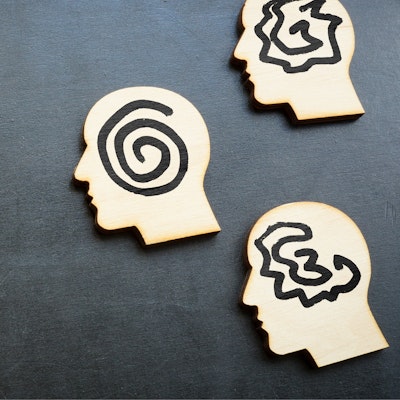
The human capacity for empathy allows us to communicate, collaborate and understand each other. But we all know empathy isn’t always easy, and we can feel worn down by the effort. MIT professor and researcher Sherry Turkle studies empathy, and particularly how technology can undermine our natural human tendencies to connect. After several books and many decades of work com...


When Duke divinity school professor Kate Bowler wrote her best-selling memoir, “Everything Happens for a Reason (and Other Lies I’ve Loved),” she was grappling with the consequences of a shocking cancer diagnosis. Many of the common messages about hardship, tragedy and success that she’d grown up hearing – and even studied as a religious scholar – no longer seemed to make...


For adults, the pressure to drink at social engagements, work events, restaurants or almost anywhere outside the home can feel constant. Recent research has found that “no amount or kind of alcohol is good for your health,” and a wide variety of health problems can be linked to drinking. The growing “sober curious” movement offers people a way to think about cutting down o...
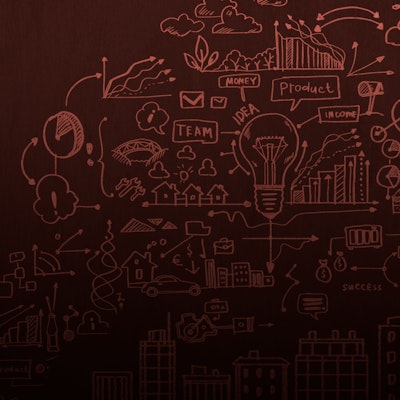

In today’s world, we tend to switch jobs more frequently than previous generations, and are more likely to have multiple jobs. Side gigs where we express passions or find meaning are also common, and many juggle additional roles as caregivers and community members, as people always have. In short, many of us are focused on a lot more than just climbing a corporate ladder....


The United States is a more secular society than many, and the percentage of people who don’t identify with organized religion is rising. Some of the impacts from that shift might be obvious, such as declining membership in congregations or decreased support for religious organizations and institutions. But some of the consequences are less obvious. How do we change as peo...

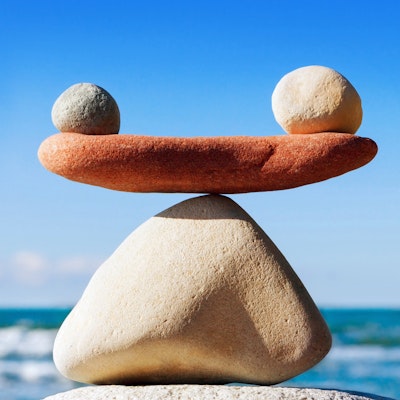
About two decades ago, NPR host Mary Louise Kelly had her first child and went down the extremely common yet commonly daunting life path of balancing a demanding career with a family. As a national security correspondent on assignment war zones, she missed family events and emergency phone calls from her kids’ school. As the daily weekday co-host of “All Things Considered,...


Artificial intelligence is clearly going to change our lives in multiple ways. But it’s not yet obvious exactly how, and what the impacts will be. We can predict that certain jobs held by humans will probably be taken over by computers, but what about our thoughts? Will we still think and create in the same ways? Author and former Aspen Institute president Walter Isaacson...


Actor Rainn Wilson had his dream job on the hit TV show “The Office,” but was still being kept up at night by anxiety, depression, and life’s big unanswerable questions. He went on a quest to discover the world’s spiritual teachings, reading all the holy books of the world’s major religions. For several years, he researched and pondered concepts like truth, love, free will...
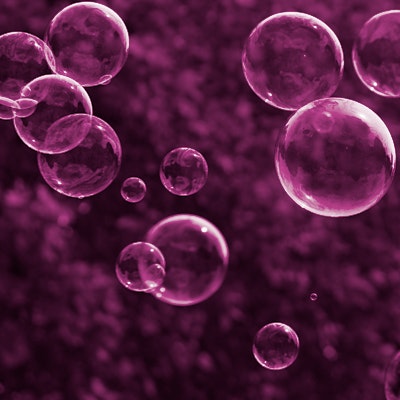

Why is it that simple pleasures such as bubbles, rainbows, and hot air balloons bring joy to most people? Designer Ingrid Fetell Lee says, “there’s something really powerful in the idea that we all find joy in the same things,” especially items with little significance otherwise. Fetell Lee studied how our physical environment impacts our well-being, both physically and ps...


Today’s young people have not seen a lot of good examples of adults working together to solve problems. Generation Z is coming of age amidst daunting issues like climate change, gun violence, and a teen mental health crisis, and trusted adults seem few and far between to many of them. The rift goes both ways — Baby Boomers and Generation X also report distrust and dislike...
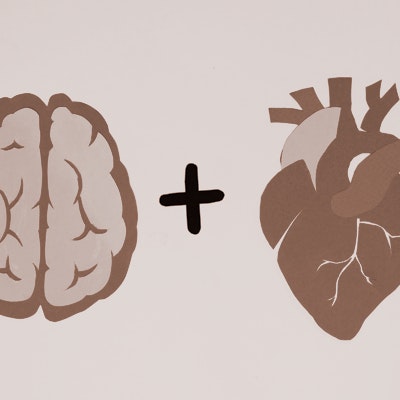

What is it that pulls one person toward another, and connects them? What does love and attraction do to our brain, and vice versa? Biological anthropologist Helen Fisher has been studying questions of love and relationships for over 40 years. Through detailed data collection, research questionnaires and even brain scans, she has collected massive amounts of information on...


We could look at people who veer off society’s dominant tracks into moral gray zones as simply bad, or damaged, or living the consequences of bad choices. But from the inside, people always have reasons for doing what they do, and when all the cards are on the table, morality can become murkier. New Yorker writer Patrick Radden Keefe is fascinated by what drives people who...


People have been thinking about happiness for thousands of years. In fact, ancient thinkers came up with strategies for cultivating pleasures over a lifetime, or creating a lasting capacity to take joy in the world. This long-term flourishing is different from immediate pleasures — it’s a richer notion of happiness. Laurie Santos is a professor of psychology at Yale and an...


Most of us know where to find quick hits of pleasure and enjoyment. But what about satisfaction that lasts for years, or decades, or a lifetime? It can be tempting to think the secret lies in pursuing more—more money, more accomplishments, more friends, more stuff—but we have overwhelming evidence that more doesn’t work. Maybe the secret is…wanting less? Arthur Brooks teac...


Professor Zoe Chance, who teaches the most popular class at the Yale School of Management, illuminates the skills and strategies necessary to improve your natural ability to persuade.


Looking around and experiencing the suffering and injustice in the world can make it difficult to believe that happiness exists. But the Judeo-Christian tradition teaches that it’s sinful to succumb to despair, and we have a responsibility to ourselves and others to try and find our way through dark times. On the other hand, when you avoid suffering, you avoid meaning, and...
























